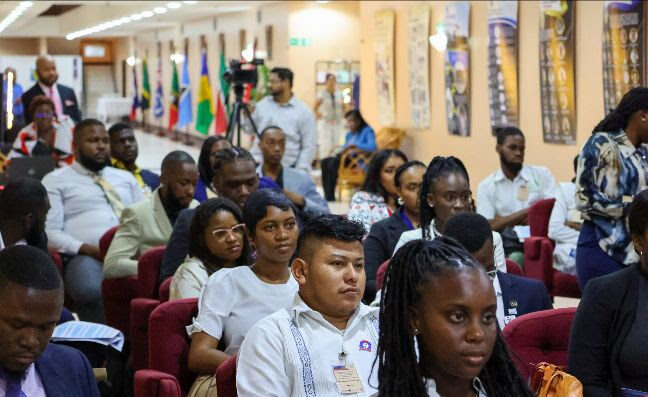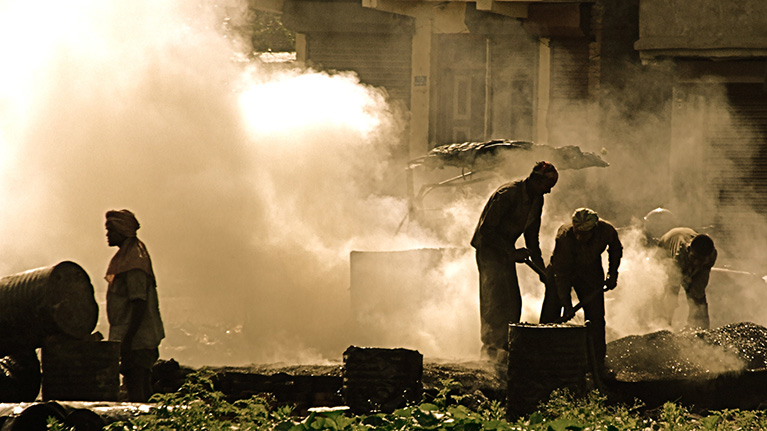KINGSTON, Jamaica, March 05 2015 – Members of indigenous tribes in Suriname presented lawmakers with an ambitious proposal Thursday urging them to conserve roughly half of the sparsely populated country with a sprawling rainforest hinterland.
On the north shoulder of South America, Suriname has some of the world’s largest near-pristine tracts of tropical forest and hosts a remarkable range of plants, birds, mammals, insects, fish and amphibians. But small-scale mining operations and loggers have been steadily destroying stretches of resource-rich land in the remote interior.
Conservation International, an Arlington, Virginia-based group that has worked for years in Suriname, said the Trio and Wayana indigenous communities delivered a “declaration of cooperation” to the National Assembly announcing what they describe as an indigenous conservation corridor spanning 72,000 square kilometers (28,000 square miles).
It was not entirely clear what the government’s attitude is toward the declaration. According to Conservation International, National Assembly Chairwoman Jennifer Geerlings-Simons said members of parliament will “take into account the requirements of the indigenous community.”
Over the years, Suriname administrations have gained praise from environmentalists for placing limits on logging and setting aside large rainforest preserves. In the late 1990s, the government created the roughly 4 million-acre (1.6 million-hectare) Central Suriname Nature Reserve, setting side some 10 percent of the country.
But at the same time, wildcat miners have been tearing up trees, contaminating rivers and creeks with mercury and, in some places, erecting makeshift jungle towns to support their activities. The miners, many of them illegal migrants from Brazil, are scattered throughout the northern Amazon basin.
Law enforcement in Suriname is chronically weak, especially in the remote interior. Nearly half the country’s 560,000 people live in the coastal city of Paramaribo, the capital.
Conservation International said ramped-up protection of the large expanse of land in southern Suriname could safeguard forests, much of its clean water sources and its rich biodiversity. Two years ago, the group announced that international scientists found six frogs and 11 fish that are among 60 creatures that may be new species during a three-week expedition in the area. (AP)
Get the latest headlines delivered to your phone by adding CNS to your BBM list – PIN: 55AA9DCB.
Follow us on twitter: @CNewsService
Connect with us on Instagram: @Caribbeannewsservice



